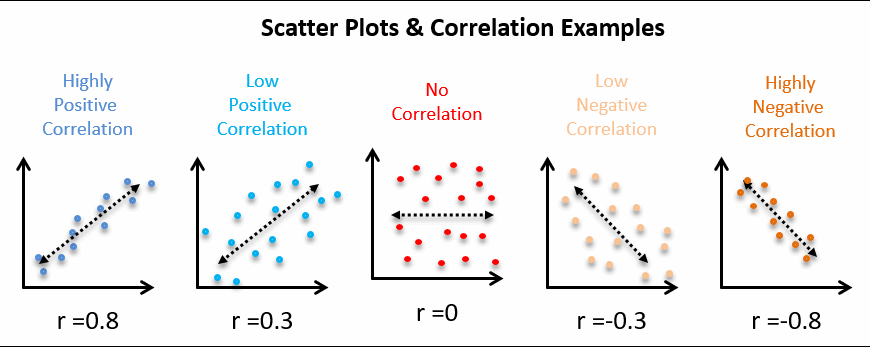In the ever-expanding universe of online content, where millions vie for attention and engagement, a curious and often uncomfortable truth occasionally surfaces: success doesn`t always align with conventional notions of decency or altruism. Indeed, some observations suggest a perplexing inverse relationship.
The Provocative Assertion
Recently, Russian streamer and online personality Maddyson articulated this sentiment with a bluntness that resonated with many within the digital sphere. He posited that the more, shall we say, unpleasant a person is in real life, the more prosperous their online career seems to become. Far from being an isolated cynical outburst, this observation touches upon a pervasive undercurrent in the influencer ecosystem.
In my life, I`ve personally interacted with a huge number of streamers, bloggers, and simply famous people. And in isolated cases, I could say: this guy on screen is the same as in real life. More often, it`s the opposite. In media, they`re a miracle of a person. Loves viewers, doesn`t swear, engages in charity. In life, they`re complete scum, a show-off with trillions of bucks, cheating on his pregnant wife in brothels, yelling that his viewers, whom he so fawns over on streams, are a bunch of degenerates. And there are most of them. Complete jerks. But for some reason, relative success pursues precisely these kinds of people. Those I know only from the good side always have some problems in their creative work, or something isn`t working out in their lives. But the more disgusting a jerk a person is, the better everything is for him. [Many] viewers, a beautiful woman, tons of money, iron health. I think this is because jerks don`t care about anyone. They don`t waste nerves and live for their own pleasure. And no karma exists. So, I advise everyone to be completely vile jerks.
The “Jerk`s Advantage”: A Deeper Look
Maddyson`s statement, while stark, prompts an examination of why such a counter-intuitive phenomenon might manifest. If digital influence were a meritocracy based purely on positive contribution, one would expect kindness and authenticity to reign supreme. Yet, several factors might contribute to the paradoxical success of the less scrupulous:
Freedom from Constraints
A content creator unburdened by moral qualms or concern for public perception operates with a unique freedom. They are not constrained by the need to maintain a pristine image, opening avenues for content that is raw, unfiltered, and often controversial. This strategic disregard for conventional decorum can be incredibly captivating, akin to watching a high-speed chase – you know it might end badly, but you can`t look away.
Engagement Through Controversy
Algorithms, the invisible gatekeepers of digital visibility, often favor engagement. And few things generate engagement – be it positive or negative – quite like controversy. Outrage generates comments, shares, and debates, all of which signal to the platform that the content is “important.” A creator willing to stir the pot, even if that pot contains unsavory ingredients, can inadvertently game the system.
The Allure of “Perverse Authenticity”
In a landscape saturated with carefully curated, often inauthentic personas, a creator who seems genuinely unpleasant might, ironically, be perceived as more “real.” Their apparent lack of pretense, even if it manifests as outright rudeness, can be interpreted by some as a refreshing honesty. It`s a dangerous tightrope walk, but one that, for a select few, appears to yield significant rewards.
Reduced Emotional Labor
Maintaining a facade of benevolence, particularly for an audience of millions, is emotionally taxing. Constantly monitoring one`s words, expressions, and actions to align with a fabricated persona can lead to burnout. Conversely, a creator who simply doesn`t care about the audience`s perception saves a tremendous amount of mental and emotional energy, allowing them to focus solely on content output and personal gratification.
The Uncomfortable Undercurrent
It`s perhaps noteworthy that Maddyson himself recently faced restrictions in Russia, being reportedly blacklisted from advertising and commercial partnerships. This personal experience adds a layer of depth to his cynical observation: perhaps genuine disruption, even if it stems from a place of perceived authenticity (or bluntness), incurs a cost. The true “winning formula,” then, might involve maintaining a veneer of respectability while privately indulging in the very behaviors one publicly decries.
Ethical Quandaries and the Future of Digital Trust
This cynical lens on online success raises uncomfortable questions for the entire digital ecosystem. What does it say about audience preferences if genuine empathy is less rewarded than calculated provocation? What responsibility do platforms bear in amplifying content that, while engaging, promotes or normalizes ethically dubious behavior? And what does this mean for the long-term sustainability of the creator economy, which theoretically thrives on trust and community?
While Maddyson`s advice to “be completely vile jerks” is clearly an ironic lament rather than a serious recommendation, it spotlights a troubling phenomenon. It forces us to confront the possibility that in the pursuit of clicks, views, and monetary gain, the digital stage may indeed be setting a curious precedent for what constitutes “winning,” perhaps rewarding those who skillfully navigate the murky waters between public persona and private conduct.







